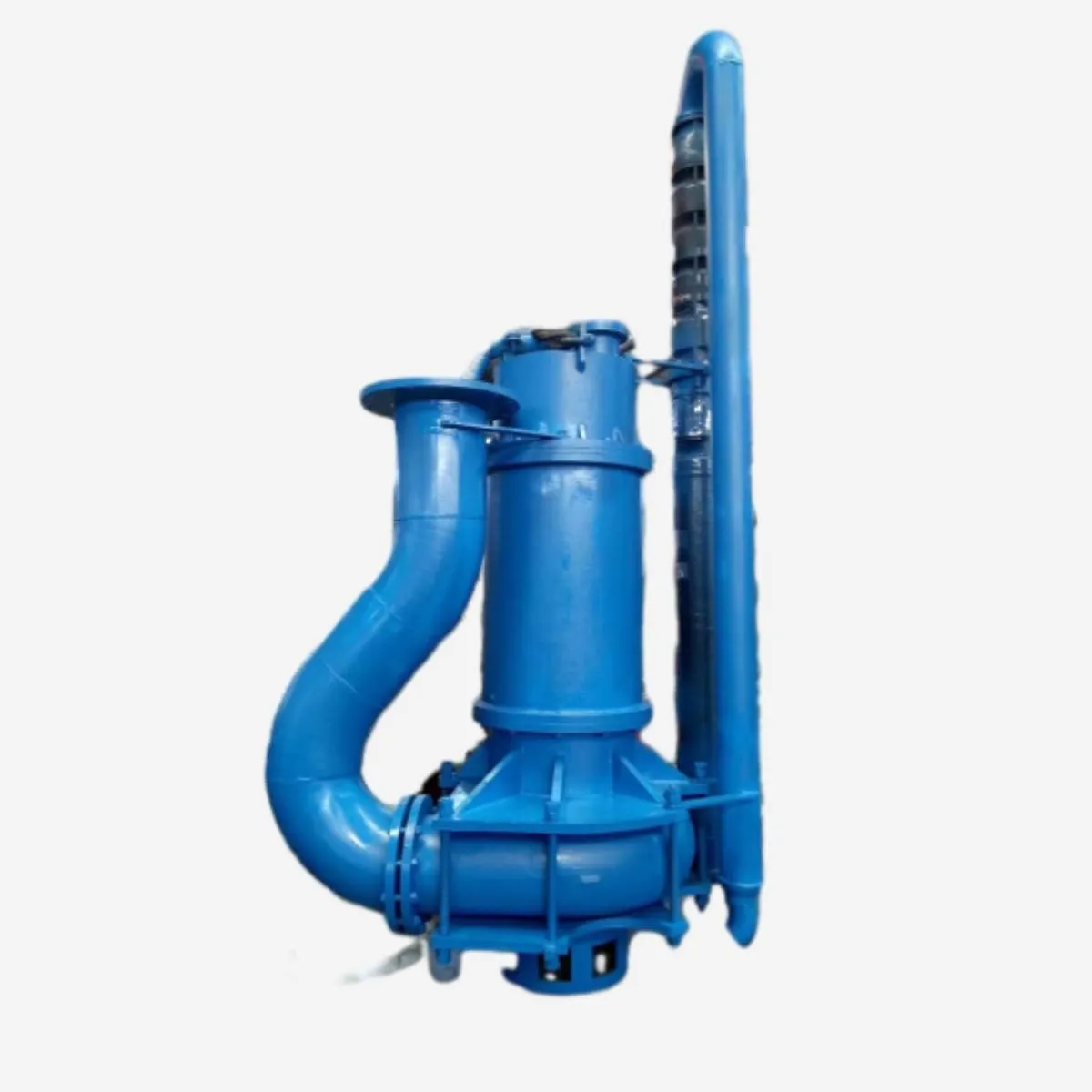Japanese
- Afrikaans
- Albanian
- Amharic
- Arabic
- Armenian
- Azerbaijani
- Basque
- Belarusian
- Bengali
- Bosnian
- Bulgarian
- Catalan
- Cebuano
- Corsican
- Croatian
- Czech
- Danish
- Dutch
- English
- Esperanto
- Estonian
- Finnish
- French
- Frisian
- Galician
- Georgian
- German
- Greek
- Gujarati
- Haitian Creole
- hausa
- hawaiian
- Hebrew
- Hindi
- Miao
- Hungarian
- Icelandic
- igbo
- Indonesian
- irish
- Italian
- Japanese
- Javanese
- Kannada
- kazakh
- Khmer
- Rwandese
- Korean
- Kurdish
- Kyrgyz
- Lao
- Latin
- Latvian
- Lithuanian
- Luxembourgish
- Macedonian
- Malgashi
- Malay
- Malayalam
- Maltese
- Maori
- Marathi
- Mongolian
- Myanmar
- Nepali
- Norwegian
- Norwegian
- Occitan
- Pashto
- Persian
- Polish
- Portuguese
- Punjabi
- Romanian
- Russian
- Samoan
- Scottish Gaelic
- Serbian
- Sesotho
- Shona
- Sindhi
- Sinhala
- Slovak
- Slovenian
- Somali
- Spanish
- Sundanese
- Swahili
- Swedish
- Tagalog
- Tajik
- Tamil
- Tatar
- Telugu
- Thai
- Turkish
- Turkmen
- Ukrainian
- Urdu
- Uighur
- Uzbek
- Vietnamese
- Welsh
- Bantu
- Yiddish
- Yoruba
- Zulu
Telephone: +86 13120555503
Email: frank@cypump.com
12月 . 26, 2024 12:05 Back to list
Understanding the Functionality and Applications of Sewage Injector Pumps in Waste Management
Understanding Sewage Injector Pumps An Essential Component of Wastewater Management
Sewage injector pumps play a crucial role in modern wastewater management systems. These specialized pumps are designed to move sewage and wastewater from lower elevations to higher elevations, thereby facilitating the proper treatment and disposal of waste materials. In this article, we will explore what sewage injector pumps are, how they operate, their types, applications, and maintenance tips.
What is a Sewage Injector Pump?
A sewage injector pump is a type of submersible or above-ground pump used primarily to transport sewage from a collection point, such as a basement or a low-lying area, to a sewer line or a septic system located at a higher elevation. Unlike standard sewage pumps that primarily handle liquid waste, injector pumps are engineered to handle both liquid and solid waste, making them versatile in various applications.
How Do Sewage Injector Pumps Work?
The operation of a sewage injector pump is relatively straightforward. These pumps are activated when the sewage reaches a certain level in the holding tank. When triggered, the pump draws the sewage into a chamber and uses an impeller to generate pressure, pushing the waste through discharge pipes into the desired location. The pressure generated by the pump is essential for overcoming gravitational forces and ensuring efficient waste transport.
Additionally, many sewage injector pumps come equipped with a float switch, a device that activates the pump when the water level rises, and shuts it off when the level falls. This automatic operation ensures that the pump only runs when necessary, conserving energy and prolonging its lifespan.
Types of Sewage Injector Pumps
There are several types of sewage injector pumps, each designed for specific applications
1. Submersible Sewage Pumps These pumps are installed underwater, making them an ideal choice for pumping sewage from basements or wet wells. They are compact and designed to handle a variety of waste materials.
2. Above-Ground Sewage Pumps These pumps are mounted above the sewage level and are typically easier to maintain. They are suitable for residential applications where space is not restricted.
3. Effluent Pumps While primarily used for moving lighter waste materials, effluent pumps can also be employed in specific scenarios to assist in transporting wastewater.
4. Grinder Pumps These pumps have installed grinders that break down solid waste into a slurry, making it easier to transport through smaller pipes. This is particularly useful in situations where the sewage must be pumped over long distances or through narrow conduits.
sewage injector pump

Applications of Sewage Injector Pumps
Sewage injector pumps are used in a variety of settings, including
- Residential Properties Homes that are located below the main sewer line often utilize sewage injector pumps to ensure proper waste disposal.
- Commercial Establishments Businesses, especially those with multiple floors or basements, rely on these pumps to manage sewage effectively.
- Industrial Sites Factories and industrial complexes often require robust wastewater management systems, where sewage injector pumps play a vital role.
Maintenance Tips for Sewage Injector Pumps
Proper maintenance is crucial to ensure the longevity and efficiency of sewage injector pumps. Here are some tips
1. Routine Inspections Regularly check for any signs of wear, damage, or leaks. Early detection of issues can prevent costly repairs.
2. Cleaning Periodically clean the pump and its components to prevent clogs that could impair functionality.
3. Check Float Switches Ensure that float switches are working correctly to maintain automatic operation of the pump.
4. Professional Servicing Consider hiring professionals for in-depth inspections and servicing to address complex issues.
Conclusion
Sewage injector pumps are indispensable in the realm of wastewater management, providing essential solutions for transporting sewage from lower to higher elevations. Understanding their functionality, types, applications, and maintenance requirements is key to ensuring efficient and effective sewage management in residential, commercial, and industrial settings. Regular maintenance and professional oversight will help to keep these pumps operating smoothly, safeguarding both public health and the environment.
-
ISG Series Vertical Pipeline Pump - Chi Yuan Pumps Co., LTD.|Advanced Hydraulic Design&Energy-Efficient Solutions
NewsJul.30,2025
-
ISG Series Vertical Pipeline Pump - Chi Yuan Pumps Co., LTD.
NewsJul.30,2025
-
ISG Series Vertical Pipeline Pump - Chi Yuan Pumps Co., LTD.|energy-efficient fluid handling&industrial durability
NewsJul.30,2025
-
ISG Series Vertical Pipeline Pump - Chi Yuan Pumps | Advanced Engineering&Industrial Efficiency
NewsJul.30,2025
-
ISG Series Pipeline Pump - Chi Yuan Pumps | High Efficiency, Energy Saving
NewsJul.30,2025
-
ISG Series Vertical Pipeline Pump-Chi Yuan Pumps|High Efficiency&Reliable Performance
NewsJul.29,2025










